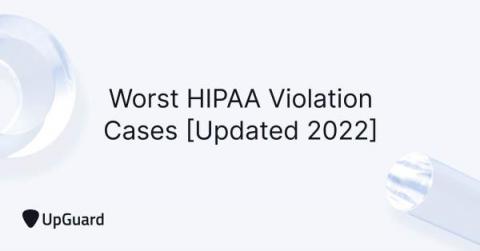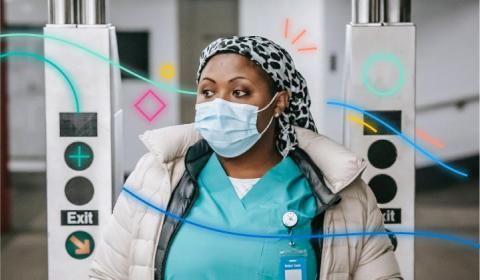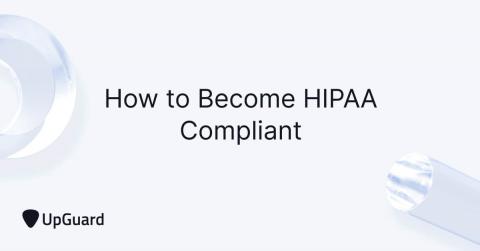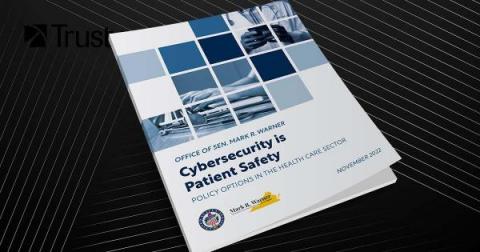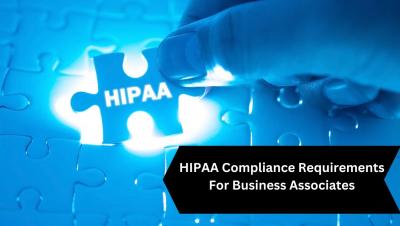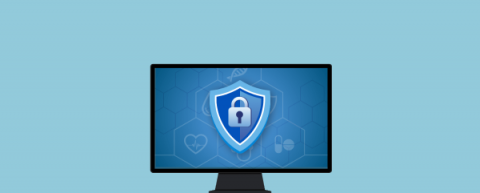Top 20 Worst HIPAA Violation Cases in History
Over the years, there have been countless cases of HIPAA (Health Insurance Portability and Accountability Act) violations, which can result in significant financial penalties. Most are directly linked not to accidental employee misconduct or malicious intent but to a lack of understanding of HIPAA standards by healthcare organizations. Most cases involve poor implementation of security controls or lack of risk assessment auditing, to save money and avoid costly auditing.


